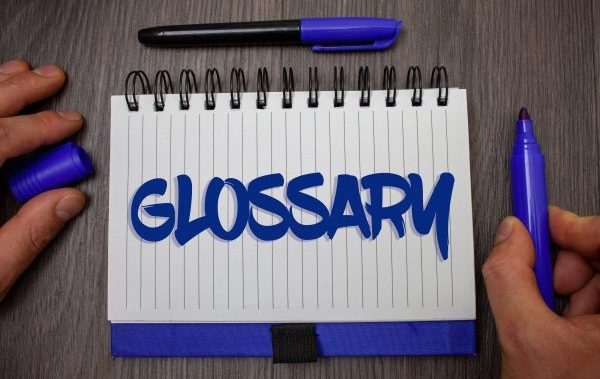Navigating the complexities of the legal system can be a daunting endeavor, especially when it concerns the intricacies of a bail bond agreement in the state of Indiana. Understanding the fine print bound to this legal document is crucial for individuals and their loved ones to make informed decisions. In the Hoosier State, the path from the courthouse to your home is paved with conditions and stipulations that need clear comprehension.
This blog post aims to demystify the terms and conditions of Indiana’s bail bond agreements, helping you to understand your obligations and the potential repercussions of failing to meet them. Whether you’re facing this situation now or are just seeking knowledge for the future, let’s unpack the legal jargon so you can step forward with confidence.

What is a Bail Bond Agreement?
A bail bond agreement is a legally binding contract between the defendant (or whoever signs the agreement for the defendant), their surety (usually a bail bondsman), and the court. It serves as an assurance that the defendant will appear in court on their scheduled dates and comply with any other conditions set forth by the court. In Indiana, this agreement is governed by Title 35, Article 33, Chapter 5 of the Indiana Code.
The Obligations of the Defendant
When signing a bail bond agreement, the defendant takes on several responsibilities. These include appearing at all court dates, checking in with their surety as instructed, refraining from criminal activity, refraining from leaving the jurisdiction without permission, and paying the required fees. Failure to meet any of these obligations can result in a breach of the agreement and potential consequences such as re-arrest or forfeiture.
The Role of the Surety
The surety, which is the bail bondsman, is responsible for ensuring that the defendant fulfills their obligations under the bail bond agreement. They act as a guarantor, providing a financial guarantee to the court that the defendant will appear for their court dates. In exchange, the surety typically charges a non-refundable fee, usually around 10% of the total bail amount. They may also require collateral, such as property or valuables, to secure the bond.
The Court’s Role
The court sets and approves the terms of the bail bond contract, including the amount of the bond and any additional conditions. If the defendant fails to comply with these conditions, the court may revoke their bail and issue a warrant for their arrest. In such cases, the surety may also be required to pay the full amount of the bail or forfeit any collateral provided.
Understanding Bail Bond Terms and Conditions
Now that we’ve covered the key players in a bail bond agreement, let’s dive into some of the specific terms and conditions that may appear in your contract. These are important to understand as they dictate what you can and cannot do while out on bail. These contracts, rooted in federal and state law, have terms as strict as prison cells. As the ink dries on the agreement, it’s a clear promise to show up for court dates, stay within the court’s jurisdiction, and stay away from any criminal activity.
Any violation of these conditions can trigger serious legal consequences. Even a simple failure to show up in court on time can lead to an arrest warrant and forfeiture of the bail bond. Stepping outside the court’s domain without permission isn’t just a breach, it’s a crime that adds more charges to the defendant’s record. And the cosigner, the contract guarantor, may be financially liable for the entire bond amount, caught up in a whirlwind of legal responsibility.
Conclusion
Navigating the terms and conditions of a bail bond agreement can be overwhelming but understanding them is crucial for successfully fulfilling your obligations and avoiding potential consequences. If you or a loved one are currently facing this situation in Indiana, be sure to seek the guidance of a reputable bail bond agent and familiarize yourself with the terms and conditions outlined in your agreement. With knowledge and proper preparation, you can navigate the legal system with confidence. Remember, every person’s case is unique, so it’s always best to consult with legal counsel for personalized advice.
Are you looking for fast and affordable bail bond services near the Hamilton County Jail? Contact Uptown Bail Bonds at 317-919-2489 for 24 hour emergency bail bonds in Noblesville, Indiana. We also provide prearranged bail services for arrest warrant surrenders.
Related Posts:
What to Do if Your Friend Was Just Arrested in Hamilton County Noblesville
Will My Credit Score Be Affected if I Bail My Friend Out of Jail?
How to Pay for Someone’s Bail in Noblesville Indiana


